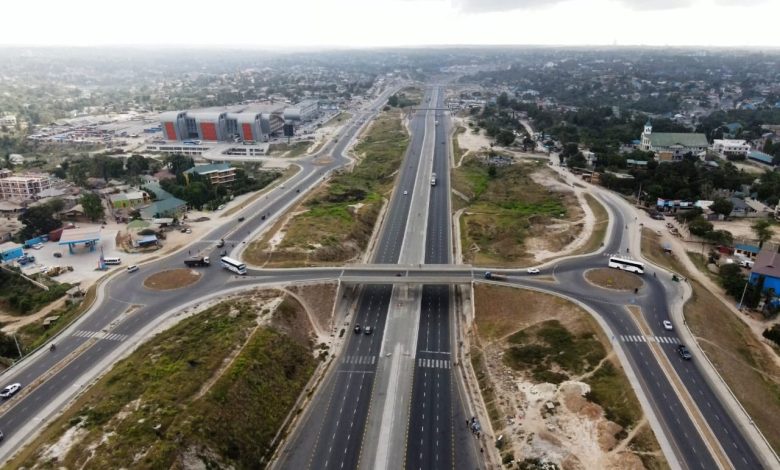The Tanzanian government has announced a new plan to buy Liquefied Petroleum Gas (LPG) in bulk, aiming to lower prices and increase the availability of cooking gas across the country.
The initiative will be led by the Petroleum Bulk Procurement Agency (PBPA), which says work is already underway to expand and modernize storage facilities to support the program.
Cooking gas is widely used in Tanzanian homes, but rising global prices and limited supply have made it difficult for many families to afford. By purchasing LPG in bulk directly from producers, the government hopes to, Reduce import costs, Make cooking gas cheaper for consumers, Ensure a more stable supply, especially in rural areas.
The PBPA is working with local and international partners to:
Upgrade key gas storage terminals
Increase the country’s capacity to store and distribute LPG
Attract more investors to build gas-handling infrastructure
A senior official at PBPA said the government wants to cut dependency on middlemen, who often drive up prices, and ensure a more transparent and efficient supply chain.
“We are committed to improving access to affordable and clean energy. Bulk procurement will help us achieve that,” the official noted.
LPG is seen as a cleaner alternative to charcoal and firewood, which are still widely used in Tanzania.
The government has been under pressure to act as cooking gas prices remain high, especially affecting low-income households.
Bulk procurement has been successfully used in Tanzania’s oil and fuel sector, and officials are hopeful it will also work for LPG.
The government is expected to roll out the first phase of the bulk LPG system before the end of 2025.
Consumer prices are expected to drop once the new system is in place and fully operational.
Public awareness campaigns will be launched to promote clean cooking energy.
This move is part of Tanzania’s broader strategy to expand access to clean energy, support environmental sustainability, and reduce deforestation linked to charcoal use.



